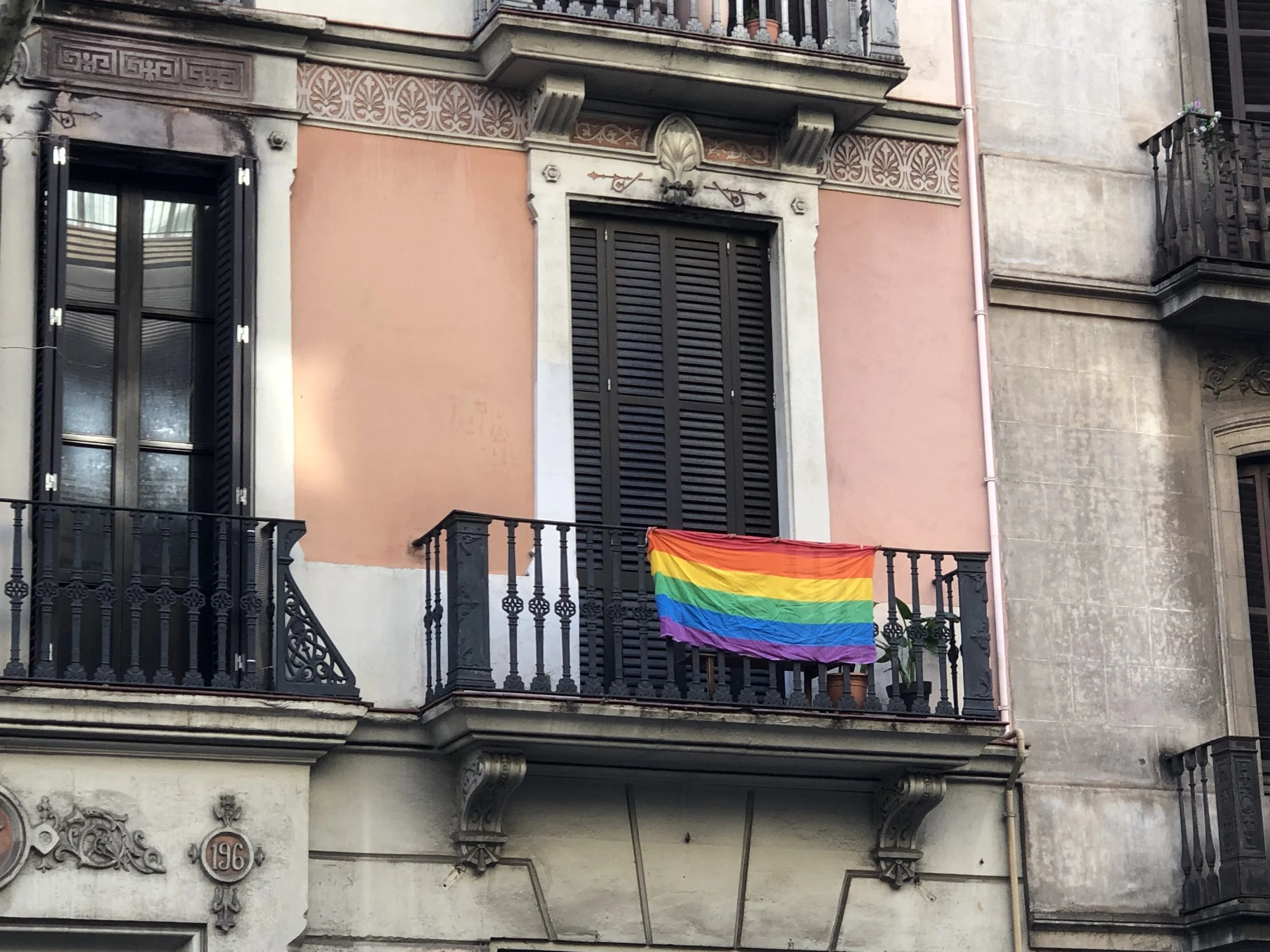Did you know? America almost ended HIV/AIDS housing program HOPWA
Photo: Gerald Farinas.
I’ve spent time covering the intersection of politics and human survival in Chicago’s LGBTQ community via the now-defunct Chicago Phoenix. I’ve written about the victories and the setbacks, the policies that lifted people up and the ones that left them behind.
This week brought news that falls somewhere in between. It’s a moment of relief tinged with ongoing anxiety about what comes next.
The House of Representatives rejected the Trump administration’s proposal to eliminate HOPWA—the Housing Opportunities for Persons with AIDS program. But while this represents a crucial first step, we’re far from celebrating.
When the administration’s FY 2026 budget proposal landed earlier this year, it called for completely zeroing out HOPWA’s $505 million in funding and consolidating it with other homeless assistance programs.
For those who remember the darkest days of the AIDS crisis in the 1980s into the 1990s, this felt like a betrayal of every lesson we’d learned about the connection between housing stability and health outcomes.
The House Appropriations Committee’s draft budget, released July 13, tells a different story.
The House bill does not include the Trump administration’s proposal to consolidate Homeless Assistance Grants and the HOPWA program into the Emergency Solutions Grant program while also zeroing-out HOPWA funding.
Instead, the House bill would continue funding HOPWA as a separate program at $505 million.
That’s the good news.
The program survives, maintaining its identity as the only federal initiative specifically designed to address the housing needs of people living with HIV/AIDS.
But survival isn’t the same as thriving.
While the House budget provides $4.158 billion in funding for Homeless Assistance Grants, a $107 million increase, this level of funding is not enough to renew all existing projects, and the proposed budget does nothing to create the new resources needed to address increasing homelessness.
During the July 14 House hearing on the Transportation, Housing and Urban Development budget, U.S. Rep. Mike Quigley (IL-5th) expressed support for continued funding of HOPWA and opposed proposed cuts, including a 7% overall reduction for rental and homelessness assistance.
It was heartening to see an Illinois congressman stand up for our community’s needs.
“This is just cruel,” said one of my best friends, David Fields, a longtime HIV/AIDS housing advocate and case worker in Wisconsin and now doing similar work in Chicago.
“People living with HIV/AIDS already have it hard. Now they want to kick them out of their homes,” David shared over his dinner table among friends weeks ago.
David captures exactly why this fight matters so much. For nearly 50,000 households nationwide who depend on HOPWA assistance, this isn’t about policy abstractions. It’s about whether they’ll have a roof over their heads tomorrow.
I remember when HIV-positive status often meant facing both a death sentence and homelessness. Allies of what was then known as “the gay cancer” fought hard to build programs like HOPWA because we learned that housing is healthcare, that stability enables survival.
The Trump administration’s original proposal to eliminate HOPWA entirely would have been devastating.
People without stable housing are 20% less likely to achieve viral suppression, meaning they’re more likely to transmit the virus to others.
When we invest in housing for people with HIV/AIDS, we’re investing in public health for everyone.
But while the House has rejected the most extreme proposal, the overall HUD budget still faces a $939 million reduction from FY25 levels, with cuts to Housing Choice Vouchers, public housing, and the complete elimination of HOME Program funding.
These cuts will ripple through communities, affecting not just people with HIV/AIDS but everyone struggling to afford housing.
The battle isn’t over.
The Senate is expected to release its own HUD funding proposal soon, and negotiations over the federal budget will continue through September or possibly beyond.
Here at home, Housing Action Illinois is working closely with U.S. Sen. Richard Durbin’s office to oppose harmful cuts, but the final outcome remains uncertain.
This partial victory reminds me why our community’s resilience has been both our greatest strength and our heaviest burden.
We’ve learned to celebrate small wins while bracing for the next fight. We’ve learned that progress is rarely linear, that survival often depends on vigilance.
Tonight, thousands of people living with HIV/AIDS can rest a little easier knowing that HOPWA will continue to exist as a dedicated program.
But they, and all of us who care about housing justice, must remain vigilant.
The fact that elimination was even proposed shows how precarious these protections remain.
As I write this, I’m thinking about every person I’ve interviewed over the years whose life was stabilized by HOPWA assistance, whether I knew it or not.
Their stories deserve more than survival-level funding. They deserve a commitment to ending homelessness, not just managing it.
This week brought a victory, but it’s the kind that reminds you how much more work remains. In a country as wealthy as ours, no one should have to fight this hard for the basic dignity of stable housing.
The program lives to fight another day. And so do we.
The Housing Opportunities for Persons with AIDS (HOPWA) program provides housing assistance and supportive services to low-income people with HIV facing housing insecurity. It remains the only federal program centered specifically on the housing needs of people with HIV.

